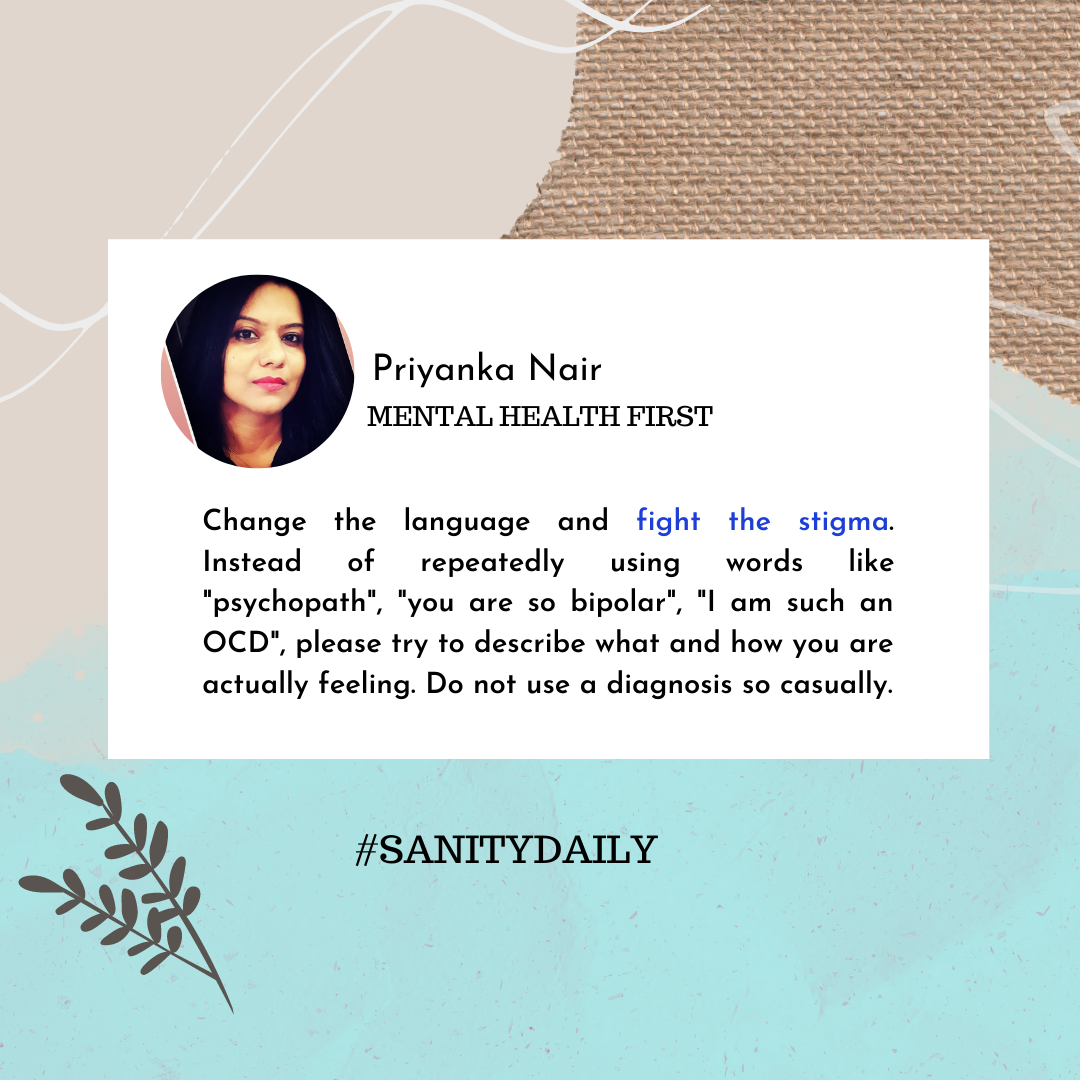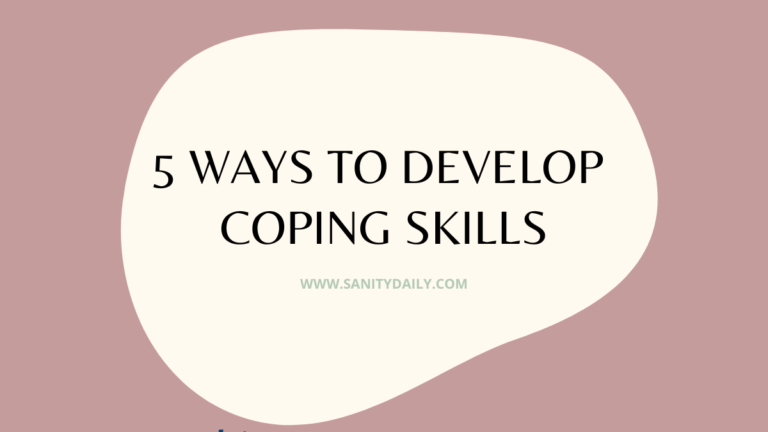For anyone struggling with depression, anxiety, OCD, Bipolar, or similar conditions, there could hardly be anything more damaging than being perceived as socially undesirable. And yet, this is a textbook definition of the mental health stigma—setting into motion a vicious cycle of bias, shame, and self-hate.
If you see yourself as being stigmatized, you’ll often start to believe there really is something wrong with you, and the stigma is deserved. This leads to you developing negative feelings about yourself to an even bigger, more irrational extent.
These feelings often cause those prone to mental illnesses to interpret ordinary, everyday messages conveyed by family and friends as labeling, rejecting, and judgmental.
What is Mental Health Stigma?
The eventual outcome is that those who’ve been labeled as mentally ill—whether as the result of a professional diagnosis or because of their behavior—eventually allow mental illness to become a self-fulfilling prophecy.
Since being labeled as sub-standard, not good enough, or abnormal is extremely devaluing, what we end up with is the backbone of mental health stigma: rejection, shame, self-hate, and an ever-growing belief that who we are is somehow not quite on par with everybody else.
A Historical Issue
The stigmatization of mental illness is nothing new. History is full of accounts of mental health stigma in thirteenth- and fourteenth-century Europe. People who showed symptoms of mental illness were historically despised and even punished as sinful, and labeled as possessed by the devil and demons.
Fast-forward to the eighteenth century—again Europe—and we get to read several historical accounts of how psychiatric patients were forced to strip down and were tied naked with heavy chains in isolated cells, with little to no light and heat.
This was the result of the horrific idea that people suffering from mental illness were less than human. Instead, the belief was that the mentally ill were like animals, and had little to no idea of what was going on around them. Institutions routinely invited the public to gawk at patients, turning them into a freak show of their time.
Fortunately, times have changed, but sadly much of the mental health stigma remains. Many people still don’t understand mental health issues and are prone to shun those with them, rather than face a situation or topic that makes them uncomfortable.

Turning A Taboo Topic Into One To Talk About
Mental illness can be scary, and many people don’t know how to react when confronted with someone who suffers from depression, panic attacks, or extreme OCD. Rather than learn more about the condition, the default setting seems to be to ignore it in the hope that it goes away.
This makes the condition seem even more shameful, as no one wants to acknowledge it.
By making it feel secretive and wrong, it becomes something of a dirty secret. This feeds the stigma and makes mental health seem taboo, rather than something we should all talk about.
Normalizing mental health issues
If more of us talked about mental health and its effects on our lives, it would become normalized. Nearly one in five Americans suffer from mental illness, so it’s not a rare condition at all. However, we seldom talk about our mental health, as we fear being judged for not being “normal”.
But with such a high percentage of mental health issues in the world, surely it would be better to talk about it, acknowledge it, and make those who suffer feel supported rather than ostracized?
A Reactionary Issue
Another major contributing factor to the stigmatization of mental illness is the way people react when learning of a mental illness diagnosis.
When people are afflicted by a physical illness, it isn’t unusual for us to enquire about their well-being, express sympathy, and offer to bring around comforting soup and a bit of company.
But when the affliction suffered happens to be an illness of a mental health nature, a completely different—opposite, even—scenario emerges. Instead of being overwhelmed with love and well wishes, support, and sympathy, those afflicted are much more likely to feel avoided. Ultimately, this can lead to them becoming isolated and withdrawn from society.
The above scenario perfectly illustrates the state of society as far as mental health issues are concerned. And while change is possible and necessary, what is glaringly obvious is that we’re a long way off from where we should be.
Making Medicating Normal
Often, those who take antidepressants or other psychiatric medication are viewed as weak, or unable to control themselves. Mental illness is not a choice—it’s a medical condition that cannot be avoided by pretending to be happy, exercising more, or ‘lightening up’.
The stigma around medicating is part of the overall shame, and those who have to take tablets may well do so secretively, as they’re ashamed. In a worst-case scenario, they may even stop seeking treatment, or fail to seek treatment together because of feeling inadequate or abnormal.
While we readily consider homeopathic tinctures, CBD oil, and over the counter pharmaceutical remedies the norm, we don’t seem to have the same attitude towards mental illness medications.
If we can extend this accepting attitude to include antidepressants, antipsychotics, and all other medication that helps to keep the mental illness under control, the stigma around seeking help and being mentally ill will be reduced.
Helping to Dispel The Mental Health Stigma
If you want to be part of the positive process of dispelling the mental health stigma, there are a few things you can do to help:
- Talk about the issue openly
- Share your mental health struggles
- Educate yourself and others
- Watch your language and the way you talk about mental health
- Show compassion for mental illness
- Choose empowerment over shame
- Encourage an attitude of equality between physical and mental illness
- Be honest about your treatment program or medication
By changing attitudes and minds about mental illness, the shame will be reduced. Even if it’s only bit by bit, every bit counts.
………………………………………………………………………………………………..

With a background in mindfulness meditation and holistic medicine, Christina Lambert is a freelance editor and writer covering a variety of topics in the health and wellness space. When she’s not writing, you can find her teaching at-home yoga and guided mindful meditation classes.




